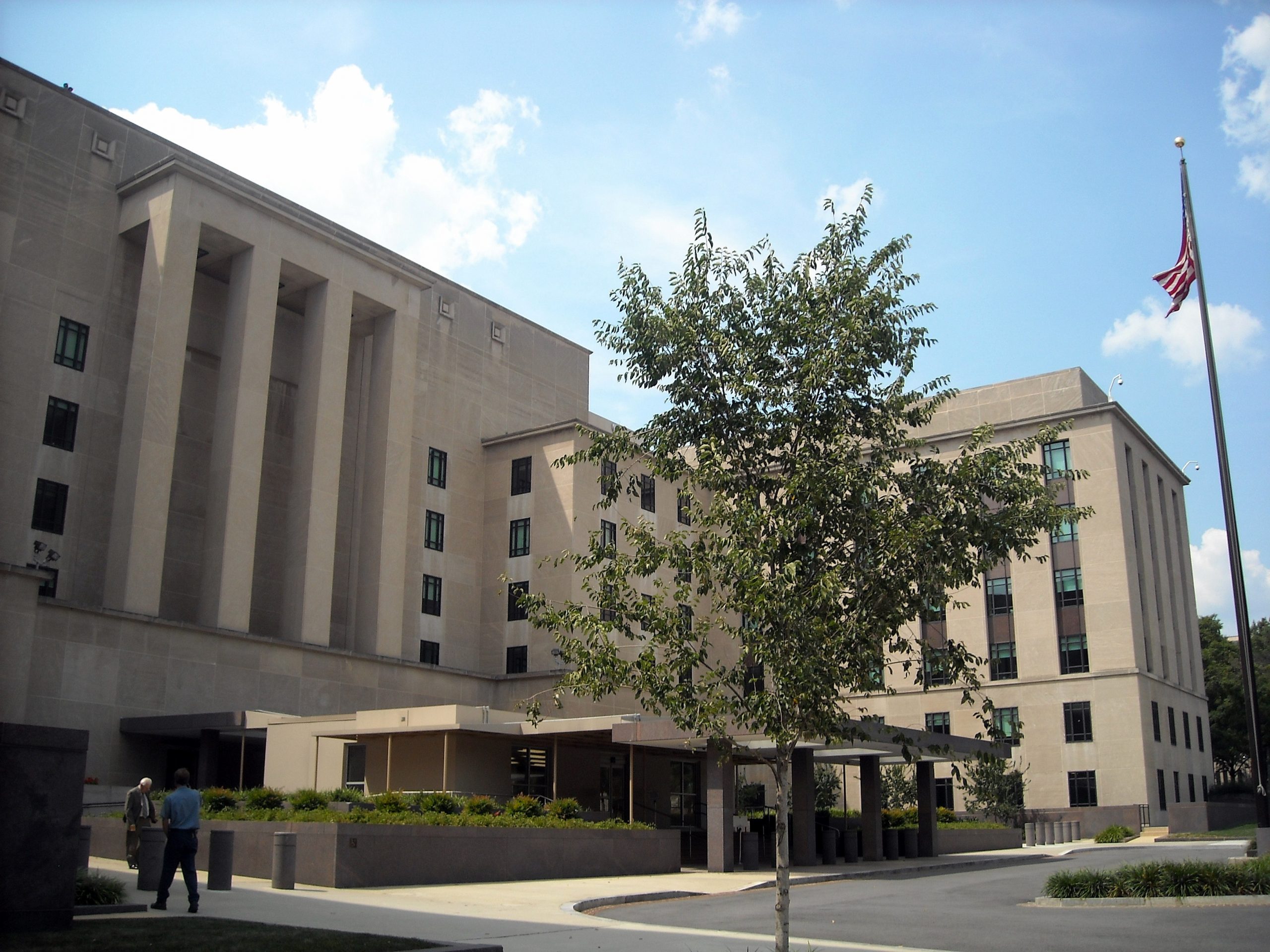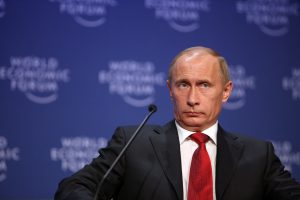I felt sick. When a senior official in the new American diplomatic service explained to me in his Washington office that the danger to European democracies came not from what I had called “Russian autocracy”, but from the democracies themselves — their censorship, the annulment of the Romanian elections, and the repression of their opponents — I first thought I was having a bad dream. But no, it was real.
I was indeed at the State Department, received in my capacity as a member of the European Parliament, on the seventh floor, the decision-makers’ floor, and this newcomer, a close associate of the White House, had just told me, in front of half a dozen of his colleagues that Putin was less dangerous to Europe than the Europeans themselves. I was not dreaming. I also had to hear, among other things, that Donald Trump was doing everything he could to bring peace to Ukraine, and that my interlocutor could not comprehend why the word “peace” horrified so many Europeans.
This man had wanted to lecture me in front of a welcoming committee. I reminded him that Vice President Vance now wanted to ban hate speech, just like the Europeans, and that the French and British had also believed in peace when they signed the Munich Agreement with Hitler. I stood my ground, but I was no less sick, because never in my life had I felt so lost, so stranded, being in another world.
Between pessimism and catastrophism
Trump is not just an “Ubu” in the White House. Another America has emerged from the shadows, led by an army of new men with their desire for revenge, alternative truths and young, illiterate courtiers. I had just seen that it was into such hands that America had fallen, and I now shared the fear — often panic — of the many elected officials, intellectuals and academics with whom I had spoken in New York and Washington.
Only one of them — a Democratic representative from the moderate wing of his party — told me, “No! We will defeat them; we just need to stop crying!” In his office, he had posted a list of signs that fascism is on the rise. The others oscillated between pessimism and catastrophism. Some did not believe that, even if the Democrats regained the House of Representatives, they could reverse the tide after the November 2026 elections. Others did not think it possible that Trump would accept losing the House, and could already see him causing institutional gridlock by ramping up challenges to the results or attempting to postpone elections in several states.
From centre-left to centre-right, and from left-wing radicals to neo-conservatives who have become fervent anti-Trumpists, there is a general feeling that this president, whose supporters stormed Congress in January 2021, is capable of anything to retain power and then hand it over to his political family or even his actual family. While no one believes that the United States could become a full-fledged dictatorship, many no longer rule out a Turkish-style drift, in which elections would no longer change the reality of power.
A line between two Americas
What is worrying is the assault on press freedom, the carte blanche given to masked agents tasked with tracking down immigrants, the use of banking data to oust officials whose status prohibits dismissal, the demonization of Democrats, the attacks on the judiciary, and the denunciation of all opposition, even conservative opposition. Donald Trump and his associates have drawn a line between two Americas: the Trumpist America, which they portray as good and real, and the other America, which is in fact the majority, but which they claim is made up of only sneaky enemies and dangerous terrorists.
For those who have experienced it, it is all too reminiscent of communist countries, where fear has taken hold — fear of denunciations and dismissals, fear of expressing oneself, and fear of speaking the truth. Some are walking alongside you, laughing, but turning around to look behind their backs nonetheless. Others, dignified but pale, welcome you into offices deserted by budget cuts. Yet in the same breath, they tell you that all is not lost “because, after all…”
The stocks built up by importers before the tariffs were imposed will be exhausted by autumn. Prices will go up by January at the latest, at the start of the midterm election year. The rise of the Democrats and social unrest will shake America out of its stupor. Judges, after all, oppose arbitrariness, at least in the first instance, and at this rate, at his age and in his state of health, Trump will eventually run out of steam and lose his magic.
In their eyes, Europe is the antidote
In fact, no one knows anymore. People swing between immense despair and fragile hope, confused because what seemed impossible two weeks earlier becomes reality. The speed at which democratic norms are receding is dizzying, and the question arises every time: “But you in Europe, are you holding on?”
I have never heard Americans place their hopes in Europe before, rejoice in its rearmament and political assertiveness, or expect so much from us. In their eyes, Europe is the antidote; the stronghold of freedom from which democracy could launch a counterattack. It is, as long as the seventh floor of the State Department is openly hostile to us, but will we hold out, I have been asked so often, or will we elect the National Rally in France, Reform UK in the United Kingdom, and the AfD in Germany?
I couldn’t swear to anything, because the only certainty is that we must hold out, on both sides of the Atlantic.
Photo : Department of State, Washington, D.C. @Wikimedia Commons




